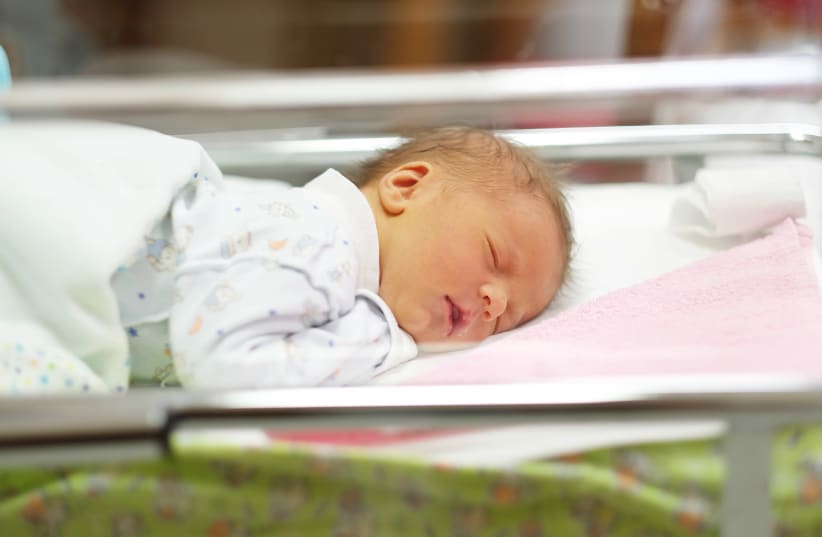New research from the University of Virginia School of Medicine (UVA) indicates that a baby's first breath could trigger a support system that supports a lifetime of health breathing.The study could also offer important insight into Sudden Infant Death Syndrome (SIDS), also know as crib death.
The research was led by UVA’s Yingtang Shi, MD, Patrice Guyenet, PhD and Douglas A. Bayliss, PhD. They discovered a signaling system within the brainstem that activates almost immediately at birth to support early breathing.
“Birth is traumatic for the newborn, as the baby has to independently take control over various important body functions, including breathing,” said Bayliss, chairman of UVA’s Department of Pharmacology. “We think that activation of this support system at birth provides an extra safety factor for this critical period.”
Before a baby is born, breathing is not required and breathing movements occur only intermittently, so the transition at birth can be a highly vulnerable time. The researchers discovered that a specific gene is turned on immediately at birth in a cluster of neurons that regulate breathing selectively in mice.
This gene produces a peptide neurotransmitter, called PACAP, relaying information between neurons, that starts to be released by these neurons just as the baby emerges into the world.
The scientists determined that suppressing the peptide in mice caused breathing problems and increased the frequency of apneas, which are potentially dangerous pauses in breathing.
“These finding raise the interesting possibility that additional birth-related changes may occur in the control systems for breathing and other critical functions,” Bayliss said.
These observations suggest that problems with the neuropeptide system may contribute to SIDS, the sudden unexplained death of a child less than a year of age. It is the leading cause of infant mortality in Western countries.
